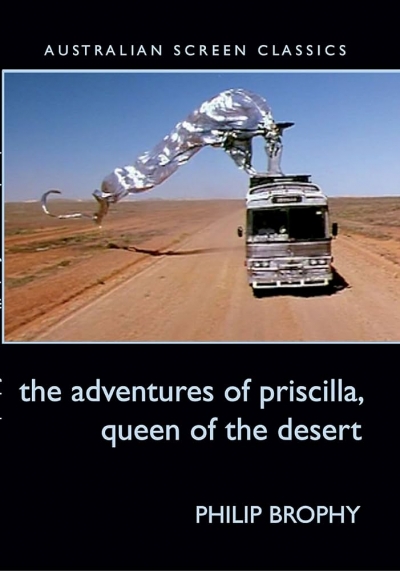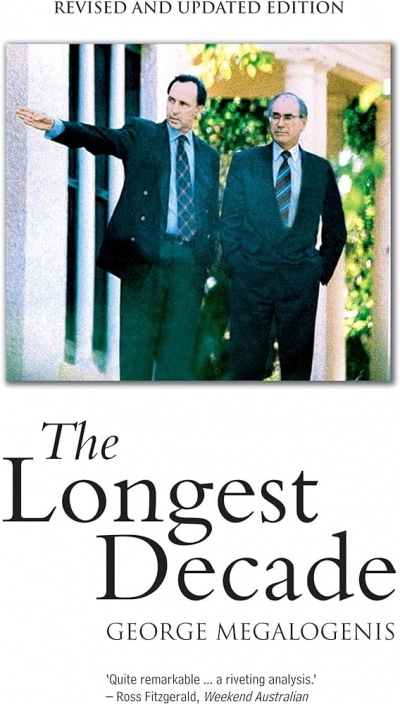Archive
Ching Chong China Girl: From fruit shop to foreign correspondent by Helene Chung
by Joan Grant •
Freedom On The Fatal Shore: Australia's first colony by John Hirst
by Peter Cochrane •
The Adventures of Priscilla, Queen of the Desert by Philip Brophy & The Chant of Jimmie Blacksmith by Henry Reynolds
by Brian McFarlane •
The Bin Ladens: The story of a family and its fortune by Steve Coll
by Peter Rodgers •
The train to Leura early Sunday morning
and our compartment full of total strangers,
Russian-speaking hikers, boots and shorts,
and four Americans, I’d say, late sixties,
calling out the stations as they pass:
‘Melbourne was more interesting than this’,
‘The trees looked better across Portugal’,
‘I want to see a kangaroo today’.
Going Down Swinging: No. 26 edited by Steve Grimwade and Lisa Greenaway
by Andrew Burns •









